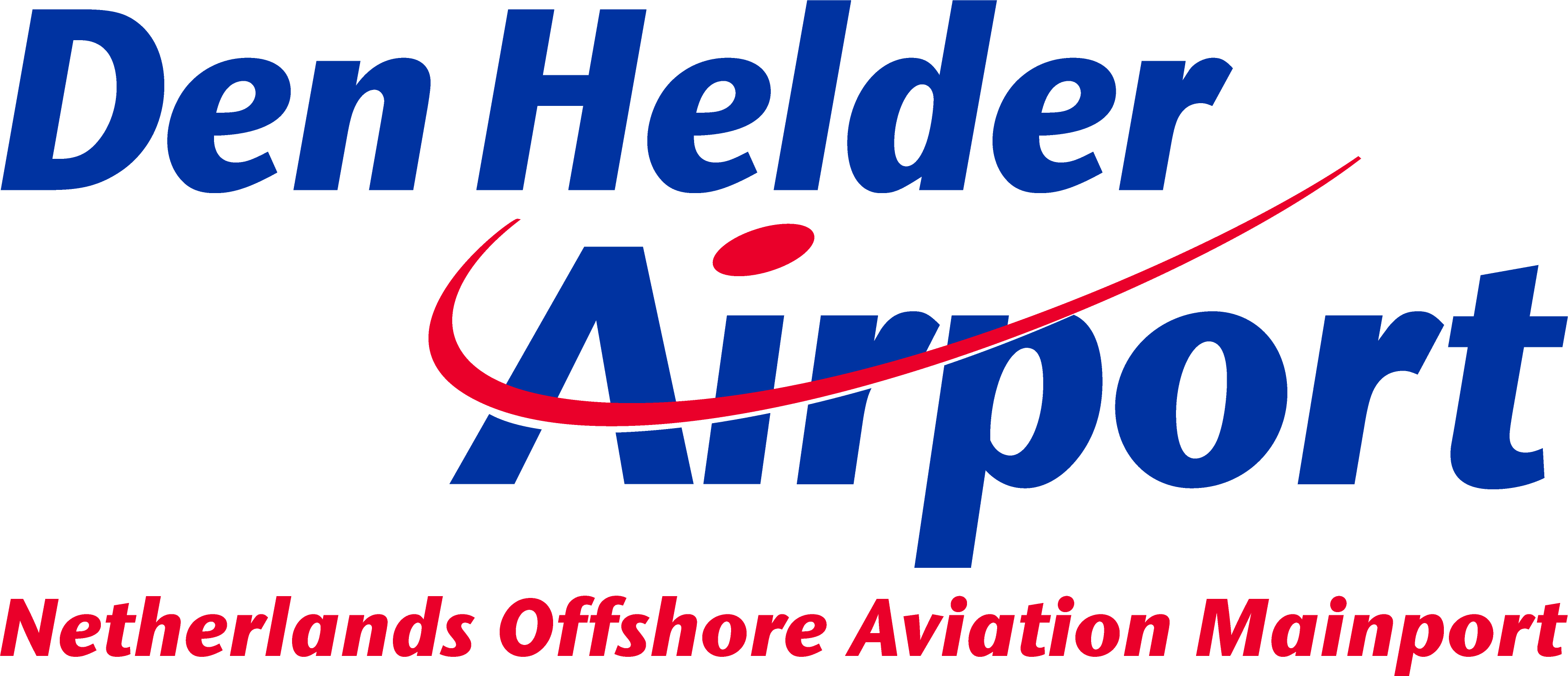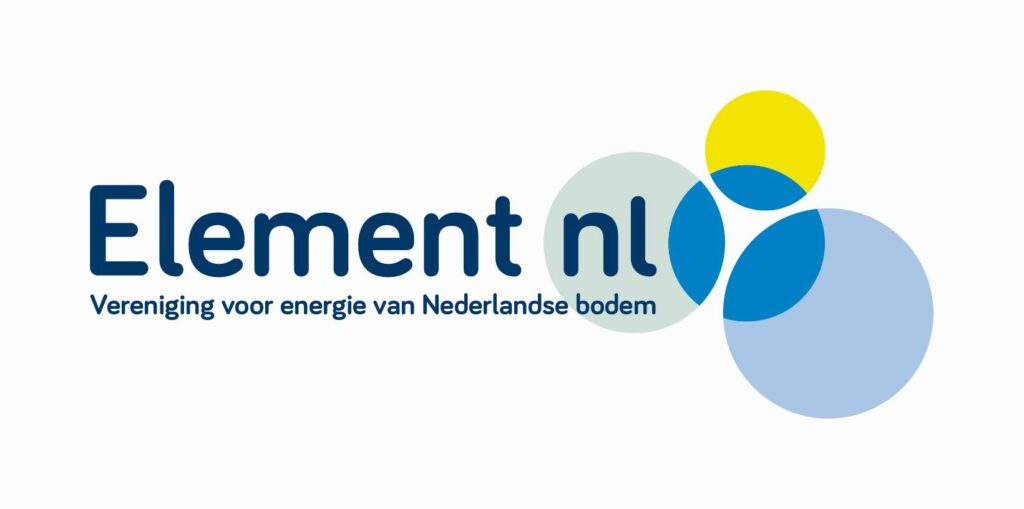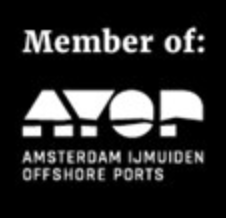Finding a new purpose as an airport
Airports are a critical gateway in facilitating air travel. In light of the transition to decarbonisation of aviation, they are facing major challenges and must implement innovation and digitation. As economies shift, airports have the opportunity to play a critical role in supporting this. It might mean shifting away from some their traditional business and embracing new opportunities.
How do airports find their new purpose? The first step is better understanding their strengths. What makes the airport unique and stand out? The second step is understanding their local context and thinking about solutions that fit that local context. Finally, airports need to think outside the box and connect with and support the new stakeholders, that can contribute to those solutions.
Den Helder Airport is an example of an airport with a specific local context. It is an airport with shared military use, located in a relatively complex airspace with close connections to Schiphol and other North Sea airports. From a civil point of view, it has traditionally served the offshore industry with helicopter operations.
When we rethinking the airport's strategy and making use of its strengths, we see that Den Helder Airport is strategically located to serve the North Sea's wind, oil and gas fields. This allows the airport to actively contribute to the energy transition by sticking to its core task and functioning as an offshore mainport. Although helicopters remain a critical asset in the offshore industry, drone technology is maturing and we invisage that some functions of the helicopter may be replaced by drones in the short to medium term. Fixed-wing drones are often used to move heavier payloads, these could serve as a replacement for helicopters however they cannot land easily on ships or helidecks. With a payload that is typically lower, rotating drones can serve as a complimentary asset in the transport of small, light, high-value goods or for the inspection of wind turbines.
The main challenge for the airport is to ensure that drone operations can be integrated into the complex Dutch airspace and combine the existing offshore mainport with a future droneport.
Going beyond, rethinking the airport strategy could even mean serving as a local energy hub by providing surrounding communities with power from, for example, solar panels. Finding answers to these questions is what To70 does to support airports, as we all face the task of transforming current challenges into future opportunities.
To70 has collaborated with Den Helder Airport in a previous impact study on helicopter and vessel operations servicing offshore wind farms. We were asked to provide insight into the stakeholder considerations related to transportation choices and to investigate when a particular modality has more benefits over the other in terms of efficiency, sustainability, safety and costs. The full report can be found here https://denhelderairport.nl/download-rapport/.
Ella Soltani
Managing Director
To70 Belgium
03-10-2023







